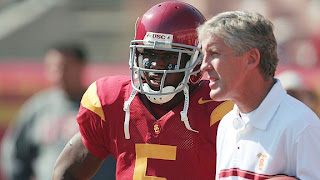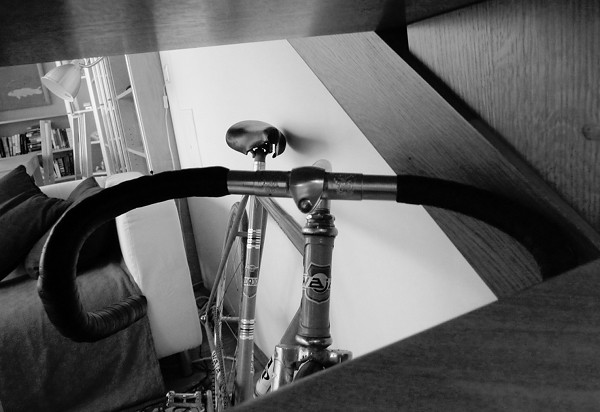 If crashing out of the World Cup is not bad enough for England, the Catholic Church reports that Association Football actually may have originated in Paraguay, which of course has advanced further than England in this year's tournament.:
If crashing out of the World Cup is not bad enough for England, the Catholic Church reports that Association Football actually may have originated in Paraguay, which of course has advanced further than England in this year's tournament.:Amidst the enthusiasm over the World Cup Soccer tournament, L’Osservatore Romano published an article this week arguing that the Guarani Indians of Paraguay were the inventors of the game.On the other hand, one touts Paraguayan success with some trepidation.In an article titled, “The Guarani Invented Soccer,” reporter Gianpaolo Romanato asserted that soccer was born in the 17th century in the region known today as Paraguay. His source for the claim is an account by a Spanish Jesuit priest, Jose Manuel Peramas, who lived for several years at the St. Ignatius of Mini mission south of Asuncion, which was one of the 30 native missions established by the Jesuits in colonial Paraguay.
Father Peramas described the pastimes enjoyed by the Guarani in his 1793 book, “De vita et moribus tredecim virorum paraguaycorum” (Of the life and death of the 13 men of Paraguay).
“They often played with a ball that, although it was made completely of rubber, was so light and quick that instead of them hitting it, it bounced around without stopping, driven by its own weight. They did not throw the ball with their hands like we do, but rather they kicked it with the upper part of their bare feet, passing it and trapping it with great agility and precision,” the priest wrote.
“Three centuries ago the Guarani were surely masters of the ball. They are truly the descendents of the real inventors of soccer,” L’Osservatore Romano reported, although many British soccer enthusiasts would be quick to dispute such a claim.
In other news, R Klein and S Collins lead RogersBlogGroup, and my heart and my head continue a close battle. The big finance groups UBS, JP Morgan and Goldman Sachs battle it out for sub-mediocrity. Stay tuned.










































